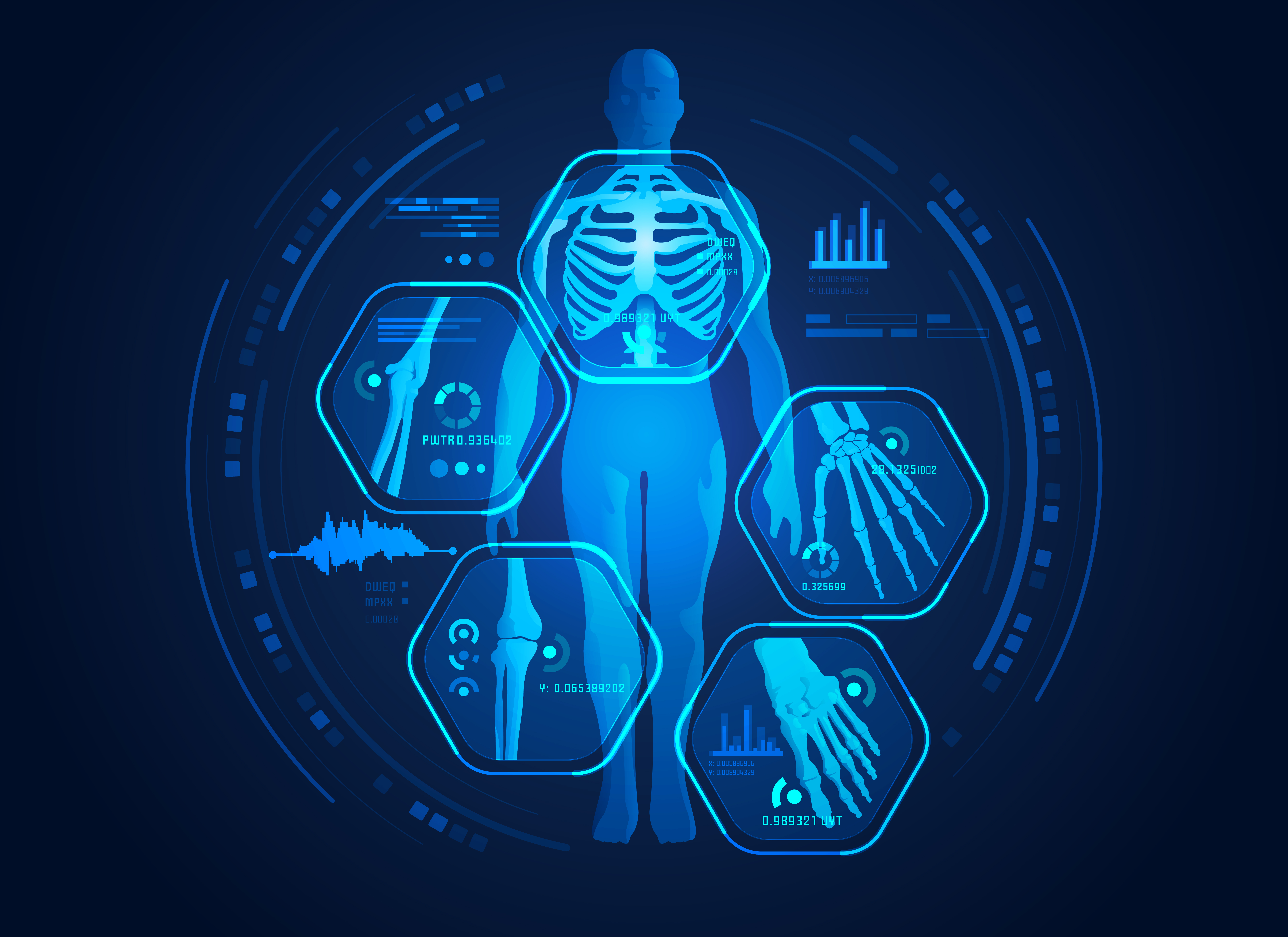
It’s no secret that physician burnout has become virtually an epidemic around the globe, and while there are no easy solutions to the problem some stakeholders a healthy dose of AI may be just what the doctor ordered.
In a recent commentary, renowned cardiologist Eric Topol argues, among other things, that “(p)erhaps the principal short-term impact for deep learning and AI tools would be to liberate doctors and patients from keyboards, their common enemy that markedly detracts from real human interaction.”
As evidence, he points to a study he recently lead for Britain’s NHS in which his team’s “health-care economists calculated that eliminating just one minute of keyboard entry time for doctors represented the equivalent of 400,000 hours of consultation time a year, or 230 full-time physicians.”
Moreover, he says, the improvement in diagnostic accuracy that comes with AI can help patients pick up some of the load that traditionally falls to providers, “with smartwatch algorithms that can detect and classify abnormal heart rhythm, a drugstore kit to diagnose a urinary tract infection or a smartphone app to detect whether a child has an ear infection. This list of common, non-serious conditions that can be diagnosed by patients with algorithms will grow, cultivating more autonomy for willing patients and, as a result, less requirement for doctor visits.”
Beyond that, however, Topol points to “a more far-reaching objective . . .: giving doctors and patients the gift of time – to get back to where medicine was decades ago, when the relationship was characterized by a deep bond with trust and empathy.”
Not so long ago, he notes, “(d)uring a clinic visit, there was real listening, presence and a thorough physical exam. All of that can start to be restored if we give back time for the patient-doctor connection to be nurtured. The same physicians who suffer burnout and symptoms of depression today are the ones who pursued a medical career so they could provide care for patients, which is markedly compromised today. Instead of the big business that health care has become, we have a unique chance to bring back its essence – the humanity of medicine.”
Of course, it’s not unusual for new technology to offer an array of promises to a beleaguered workforce, but when you add up the proven increased the speed and accuracy of diagnoses, among other benefits of AI, it’s not unreasonable to look forward to an improvement in the human side – meaning doctor-patient interactions – of healthcare.
Indeed, says Topol, “it is ironic that we may depend on artificial intelligence and machines to promote emotional intelligence, the time for humans to think and be more human. But over the next decade, I hope we’ll see exactly that, whereby health systems and practices actually compete on the basis of how much time they give to their patients.”


